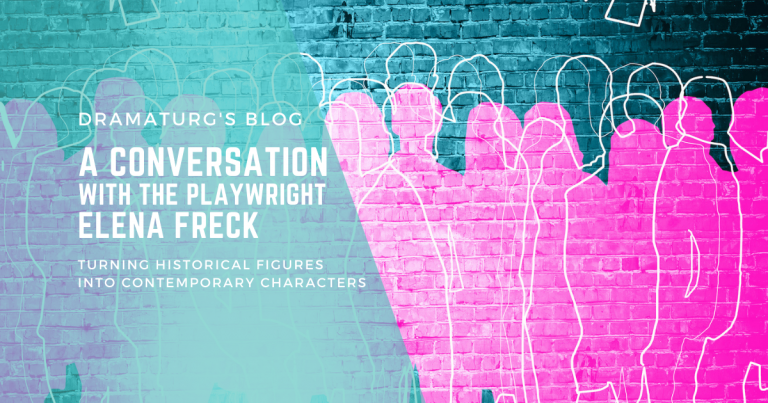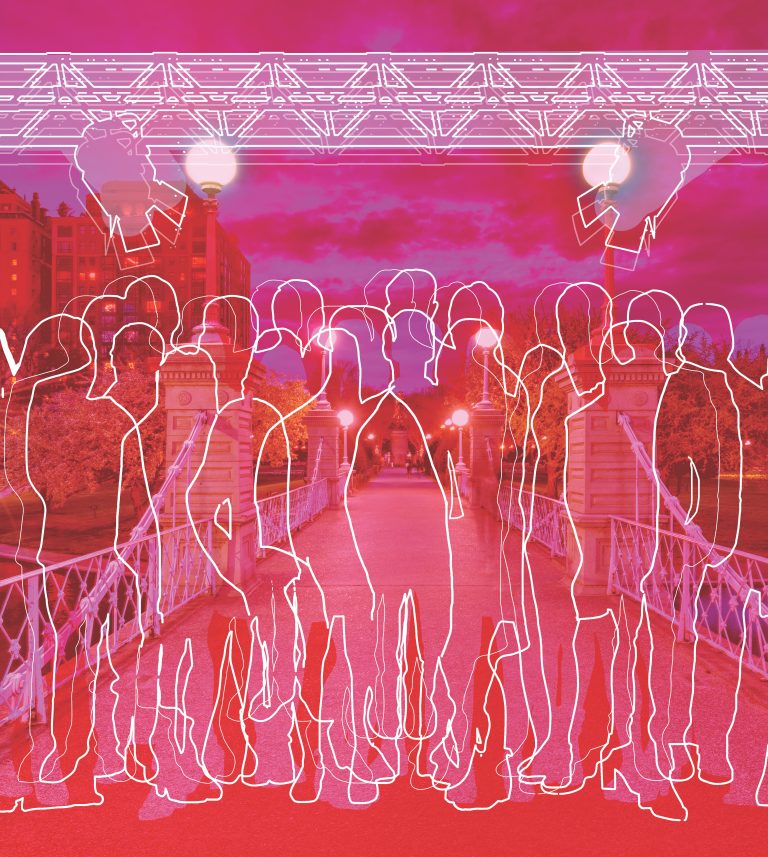Love & Nihilism, Fathers & Sons
By Robin Goldberg, Production Dramaturg
Robin’s article was originally published in EmStage’s biweekly newsletter, which also includes extra behind-the-scenes photos and contests for free tickets. Want to get the jump on the inside scoop? Consider joining our list.
In its most basic sense, nihilism is the philosophy that life has no real meaning. Our thoughts, beliefs, relationships, and possessions hold no true importance or weight, and actually detract from our potential to work for the greater good. Yevgeny Bazarov, the central character of Emerson Stage’s upcoming production of Fathers & Sons, identifies himself as a nihilist because he believes that Russia’s grand traditions and romantic heritage are meaningless when balanced against his country’s urgent need for economic and cultural reform. Even romantic love, Bazarov believes, should be discarded, lest it cloud the judgment of those working towards social change.
Bazarov’s views on love and romantic angst put him at odds with many people he encounters while traveling with his college friend, Arkady Kirsanov. Bazarov looks down on those like Pavel Petrovich, who allows a failed love affair to set the tone for a forlorn, lonely life, and even Arkady, whose pursuit of a female friend distracts him from his duties as a restrained, methodical nihilist. Bazarov sees the world in black and white, right and wrong – and refuses to accept that reason and emotion can exist in harmony. And there lies Bazarov’s central conflict: how can he, a passionless, idealistic nihilist who sees no value in love for its own sake, make sense of his feelings for the lovely and enigmatic Anna Odintsova?
The central theme of Fathers and Sons is the timeless push and pull of the generation gap. As the younger generation strives for change and modernization, the older generation holds tightly to tradition and a fondness for a world more familiar. To a young nihilist of the period, love existed as a relic of a time that was no longer culturally significant or relevant. For context: in the mid-1800s, Russia was perceived by the rest of Europe as being socially and culturally backwards; a once-great nation in decline (feudalism, a political and economic system that had been ended throughout Europe in previous centuries, was only abolished in Russia the year before Ivan Turgenev wrote Fathers and Sons.) To bring Russia into the future, nihilists believed that meaningless nostalgia and sentimentality for “the way things used to be,” only served to get in the way of progress. How could one hold onto unnecessary feelings when there was so much work to be done?
To lift Russia out of the dust, Bazarov felt, its people needed to place their gaze on the future and ignore any thoughts or feelings that could distract from necessary change. Love had no place in a revolution, so a true nihilist could not waste any time with silly, unproductive feelings. However, what was a progress-minded young man to do when he could no longer ignore his own human nature? Bazarov’s emotional struggle serves as a fascinating parallel for a country fighting itself for much-needed change and a desire for stability, as well as posing the question, is it really possible — or even desirable — to fight individual human nature in favor of the greater good?
To form your own opinion, come see the show.




